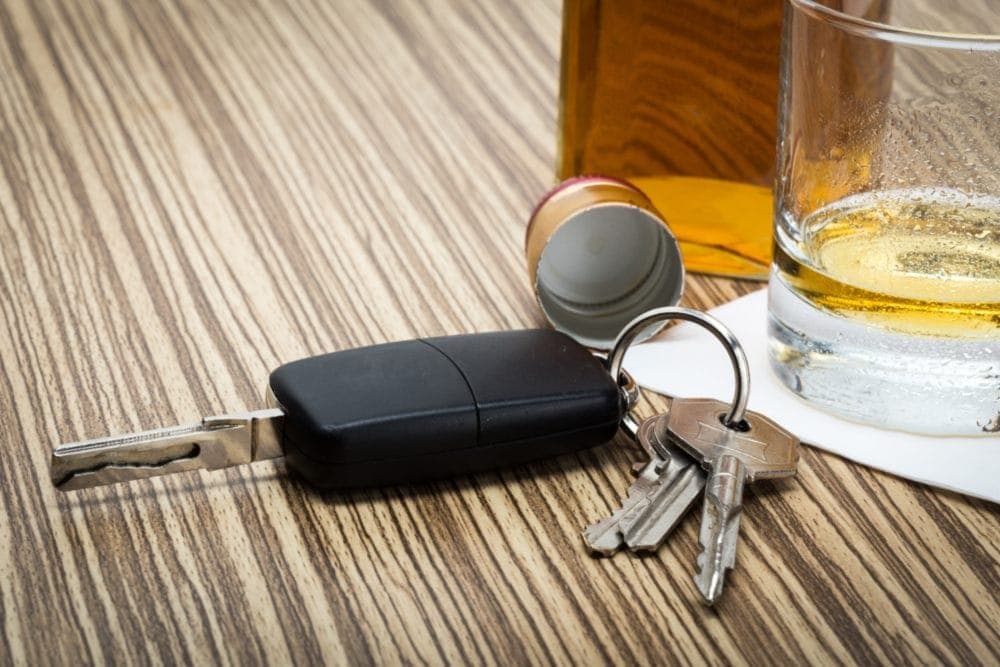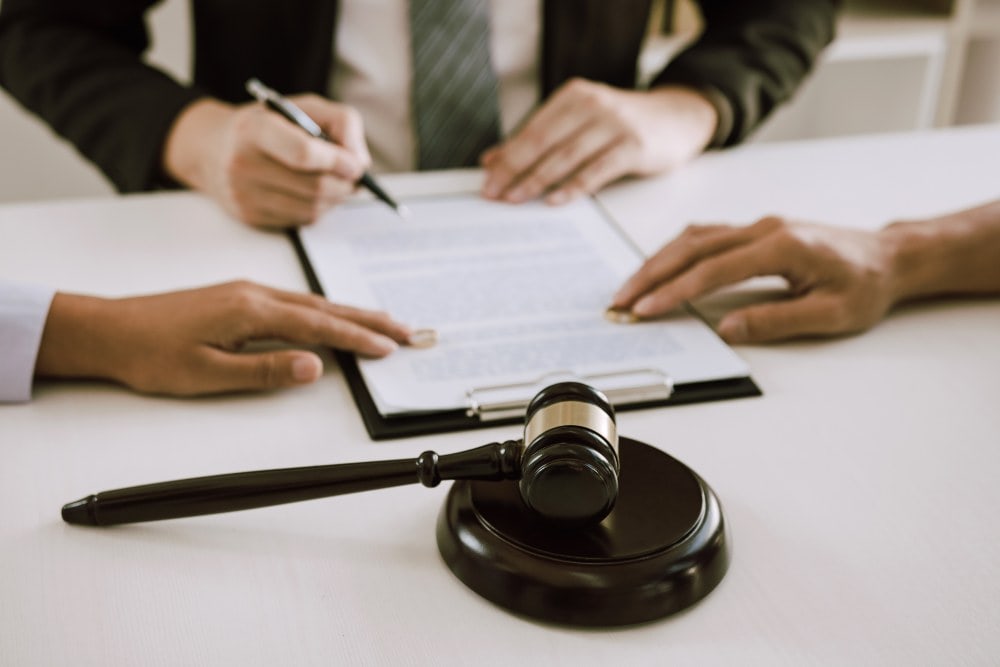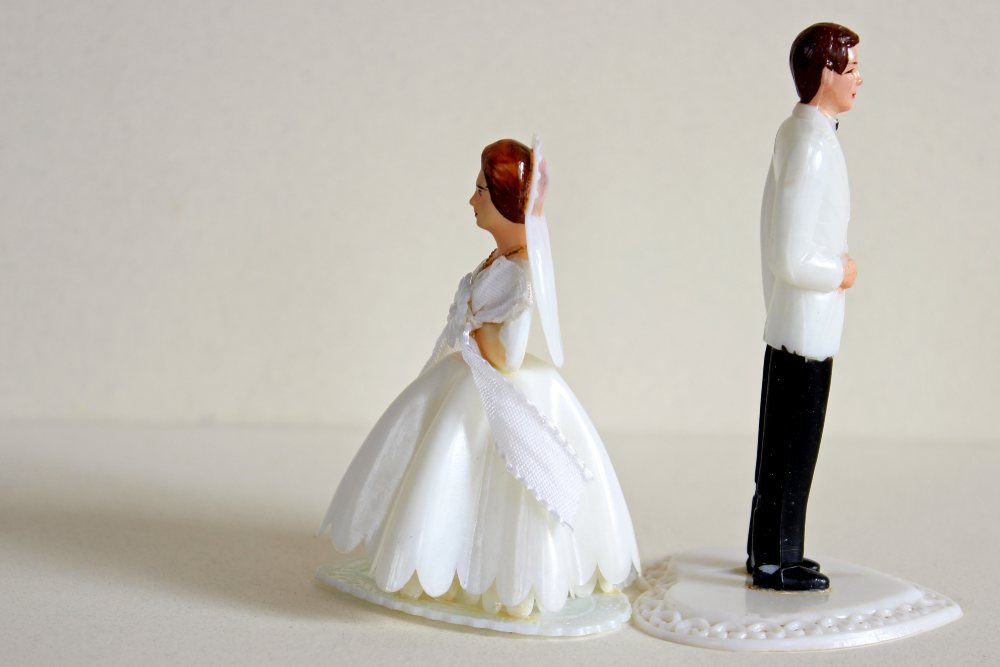If You Have Been Charged With High Range Drink Driving – Read On To Understand What You May Be Facing
Every country establishes rules to remain safe, which applies to high-range drink driving. But how does Australia define high-range drinking? You could face licence suspensions and other charges if you don’t know the answer.
To help establish the best possible defence, you must understand what high-range drunk driving is, Australia’s definition, and its associated penalties.
What Is A High-Range Drink Driving Offence?
When it involves high-range drink driving, Australia defines it as having above a 0.15 blood alcohol concentration (BAC) whilst driving a vehicle. To put that into perspective, Australia sets the legal limit at 0.05 BAC.
A high-range PCA (prescribed concentration of alcohol) will impact your driving abilities. Countries set Driving Under The Influence (DUI) as a traffic offence since such actions can lead to severe injuries and death for the parties involved.
Suppose any officer notices you driving while drunk, they’ll pull you over to conduct a breath analysis through a breath test.
The Penalties
The Risks And Consequences Of Being Charged With High Range Drink Driving
Most states and territories define high-range drink driving as 0.15 BAC level or higher. Any BAC level between 0.1 and 0.15 is classified as mid range drink driving, and below 0.1 is classified as low range drink driving. Before you face a sentence & possible criminal conviction, you should understand the penalties associated with the charge.
New South Wales (NSW)
If you get charged with high-range drink driving in New South Wales, you’ll face a 3,300-dollar fine on the first offence and 5,500-dollar fines on further crimes.
You can get up to 18 years in prison on the first offence and two years for additional crimes. You also get an immediate licence suspension, and the judge can choose any time frame for the suspension.
Victoria (VIC)
Victoria gets more specific with its high-range drink driving penalties. It increases by one month for every 0.01 of BAC level above 0.15. If you have over 0.15, you’ll get 15 months of licence disqualification and will be disqualified from driving.
That scale goes up to two years of licence disqualification for anything with a BAC over 0.24. The fine will vary based on what the judge decides. You can also get your car impounded if you drive above 0.1 and have to take a behavioural change course.
Queensland (QLD)
Queensland has a minimum of six months for licence disqualification, up to a 4,025 dollar fine, and nine months of jail time during the first offence.
If you have a repeat offence, you’ll face two years of licence disqualification, up to 8,625 dollars in fines, and whatever the court determines for your prison sentence.
Western Australia (WA)
Western Australia has a unique system where your penalties vary based on your previous offences.
| Previous Offence Before First High-Range Offence | Fine in Dollars | Minimum Licence Disqualification |
| No Previous Offence | 1,700-3,750 | 10 months |
| Previous Drunk Driving Offence Over 0.08 BAC | 2,400-3,750 | 18 months |
| Previous Polydrug Offence Over 0.08 BAC | 2,700-3,750 | 27 months |
A second offence leads to a 3,150 – 5,250 dollar fine, or nine months in prison and 30 months minimum licence disqualification. Any additional offences have a 3,150 – 7,500 dollar fine, 18 months in jail, and licence disqualification for life.
South Australia (SA)
South Australia keeps it simple by having 12 months of licence disqualification for high-range drink driving. When attending court, they can then apply demerit points, fines, and higher disqualification periods based on the situation.
Tasmania (TAS)
Tasmania varies its penalties based on your BAC level. You can get up to a 3,000-dollar fine, up to 36 months of licence suspension, and a year of imprisonment for a first offence.
Any further crimes go up to a 6,000 dollar fine, up to six years of licence suspension, up to two years imprisonment for a second offence, and have you attend rehabilitation.
Northern Territory (NT)
The Northern Territory has up to 10 penalty units for a first offence, up to a year in prison and a minimum of 12-month licence suspension.
Any further violations are 20 penalty units alongside one year of imprisonment. You’ll face 30 months of licence disqualification if your first offence was more than three years ago or five years minimum if it’s been less than three years.
Australian Capital Territory (ACT)
The Australian Capital Territory follows a similar system to the Northern Territory. You get 15 penalty units, nine months of imprisonment, and six months minimum licence disqualification.
If you become a repeat offender, you’ll face 20 penalty units, one year of prison, and a year minimum of licence disqualification.
The Implications
How A High Range Drink Driving Charge Can Impact Your Life
If you drink and drive, it’ll be on your driving record. That means you could impact your work depending on your industry. Your wallet could also suffer if you have to pay those fines. The inability to drive can also affect your life until you can get a new licence. Instead of driving yourself to places, you’ll have to pay for a taxi, a driving service, or take the bus.
Imprisonment can lead to several issues in your life post-release. While in prison, you not only lose your freedom but you also miss out on important life events and opportunities. This can make it difficult to re-integrate into society and rebuild your life. One of the most significant challenges is finding employment.

How To Tackle a Drunk Driving Charge
Your Options
If you believe you’ll face a high-range drink driving Australia charge, you should contact a traffic defence lawyer. You’ll want to avoid a criminal record and the maximum penalty, so get someone to help you through the legal system.
For example, you should never speak with officers about your offence unless you have a lawyer.
Once the lawyer arrives, they can discuss your options and best approach.
Contact JJ Lawyers for a free consultation – (02) 8005 3075. Available 24/7

Seeking Potential Defences
A traffic defence lawyer should point you in the right direction and offer advice. The lawyer may suggest you take a plea deal if the situation has undeniable proof. A plea deal means you agree to plead guilty at the trial.
If you plead guilty, you can sometimes receive a lighter sentence. However, if you have a solid case on your hands, your lawyer may offer you other advice. The advice and defence will vary based on your situation, so have a lawyer to make the situation manageable.
Ensure you pick a defence lawyer in your area. Not only do Australian states vary when it comes to laws, but you must ensure your lawyer can practice in your area.
Key Takeaways
Regarding high-range drink driving, the Australian legal system classifies high-range drink driving as an extremely severe offence that could lead to licence disqualification alongside other charges.
If you face a drink driving charge, ensure you contact an expert drink driving lawyer, such as those at James & Jaramillo, for assistance. They can help you get the minimum sentence while avoiding further legal problems.




